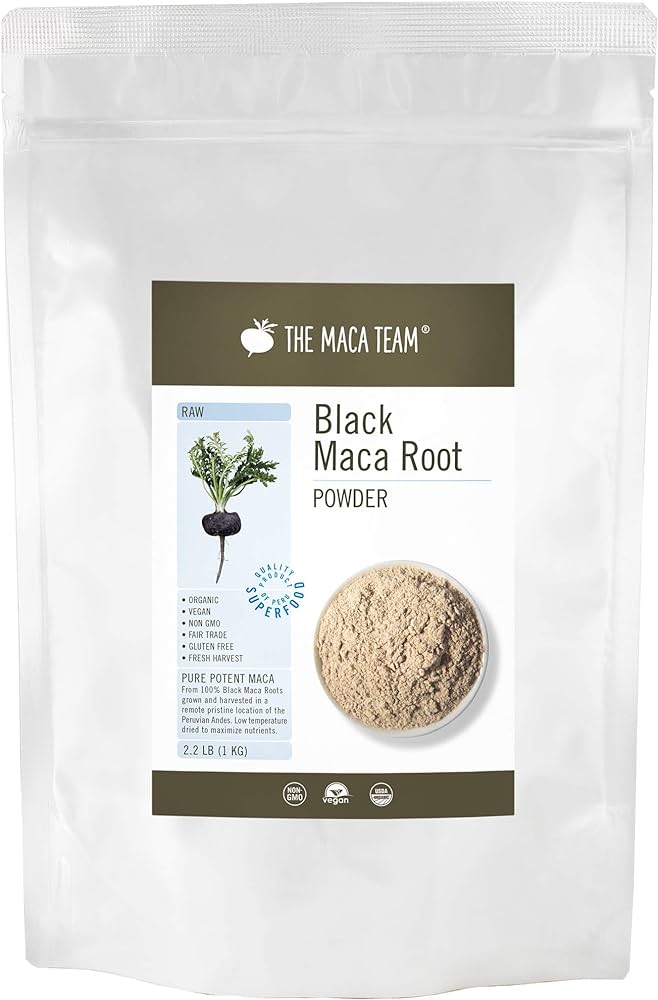When it comes to preserving the nutrition and flavor of nutrient-dense seeds, proper storage is crucial. Whether you enjoy chia seeds, flaxseeds, or hemp seeds, maintaining their freshness ensures that you get the most out of their health benefits. In this article, we’ll explore the best practices for storing nutrient-dense seeds to help you maintain their quality and nutritional value over time.

Credit: www.hindustantimes.com
Why Proper Storage Matters
Before delving into the specific storage techniques, let’s understand why proper storage is essential. Nutrient-dense seeds are packed with valuable vitamins, minerals, and essential fatty acids. Improper storage can lead to rancidity, loss of nutrients, and a decline in taste and texture. By employing the right storage methods, you can prolong the shelf life of these seeds while retaining their nutritional integrity.
Storage Tips for Different Nutrient-Dense Seeds
Each type of nutrient-dense seed may require slightly different storage approaches. Let’s take a closer look at the best practices for storing popular seeds like chia, flax, and hemp.
Chia Seeds
Chia seeds are renowned for their omega-3 fatty acids, fiber, and protein content. To keep chia seeds fresh, store them in an airtight container away from heat and sunlight. A cool, dark pantry or cupboard is an ideal location. You can also refrigerate chia seeds for extended freshness, especially in warmer climates.
Flaxseeds
Flaxseeds are a rich source of omega-3 fats, lignans, and fiber. Since they are sensitive to heat and light, it’s best to store flaxseeds in a sealed, opaque container in the refrigerator or freezer. Ground flaxseed should be refrigerated to prevent rancidity, while whole flaxseeds can be stored in the freezer for long-term preservation.
Hemp Seeds
Hemp seeds are loaded with protein, healthy fats, and various minerals. To maintain their freshness, store hemp seeds in the refrigerator or freezer, especially after opening the original packaging. The cold environment helps prevent the delicate fats in hemp seeds from going rancid.
General Storage Guidelines
Regardless of the type of nutrient-dense seed, there are some general storage guidelines you can follow to ensure maximum freshness:
- Use airtight containers to shield seeds from air and moisture. Mason jars or food-grade plastic containers are excellent choices.
- Keep seeds away from direct sunlight and store them in a cool, dark place to prevent the degradation of essential nutrients.
- Refrigerate or freeze seeds if you live in a warm climate or if you don’t plan to use them regularly. This helps to maintain their quality over time.

Credit: www.amazon.com
Signs of Spoilage
Regularly inspecting your nutrient-dense seeds is key to ensuring that they remain fresh and safe for consumption. Here are some signs that indicate spoilage:
- Unpleasant odor: If the seeds emit a rancid or off-putting smell, it’s likely that they have gone bad.
- Change in color: Discoloration or the presence of mold is a clear indication of spoilage and should prompt you to discard the seeds.
- Texture changes: If the seeds become excessively soft, slimy, or develop an unusual texture, it’s best to avoid consumption.
Final Thoughts
By following the proper storage practices outlined in this article, you can extend the shelf life of your nutrient-dense seeds while preserving their exceptional nutritional benefits. Whether you sprinkle them on your morning smoothie, incorporate them into baked goods, or use them as a topping for salads and yogurt, fresh and high-quality seeds enhance the flavor and health profile of your meals. Remember, a little care in storing these tiny powerhouses can go a long way in maximizing their potential for your well-being.
Frequently Asked Questions Of How To Store Nutrient-dense Seeds : Maximize Freshness And Vitality
How Long Can Nutrient-dense Seeds Be Stored?
Nutrient-dense seeds can be stored for up to one year when stored properly in a cool and dry place.
What Is The Best Way To Store Nutrient-dense Seeds?
The best way to store nutrient-dense seeds is in airtight containers, preferably glass jars, in a cool and dark place.
Should Nutrient-dense Seeds Be Refrigerated?
No, it is not necessary to refrigerate nutrient-dense seeds. They can be stored in a cool and dry place.
Can Nutrient-dense Seeds Be Stored In The Freezer?
Yes, nutrient-dense seeds can be stored in the freezer for prolonged shelf life, especially if you don’t plan to use them for a long time.
